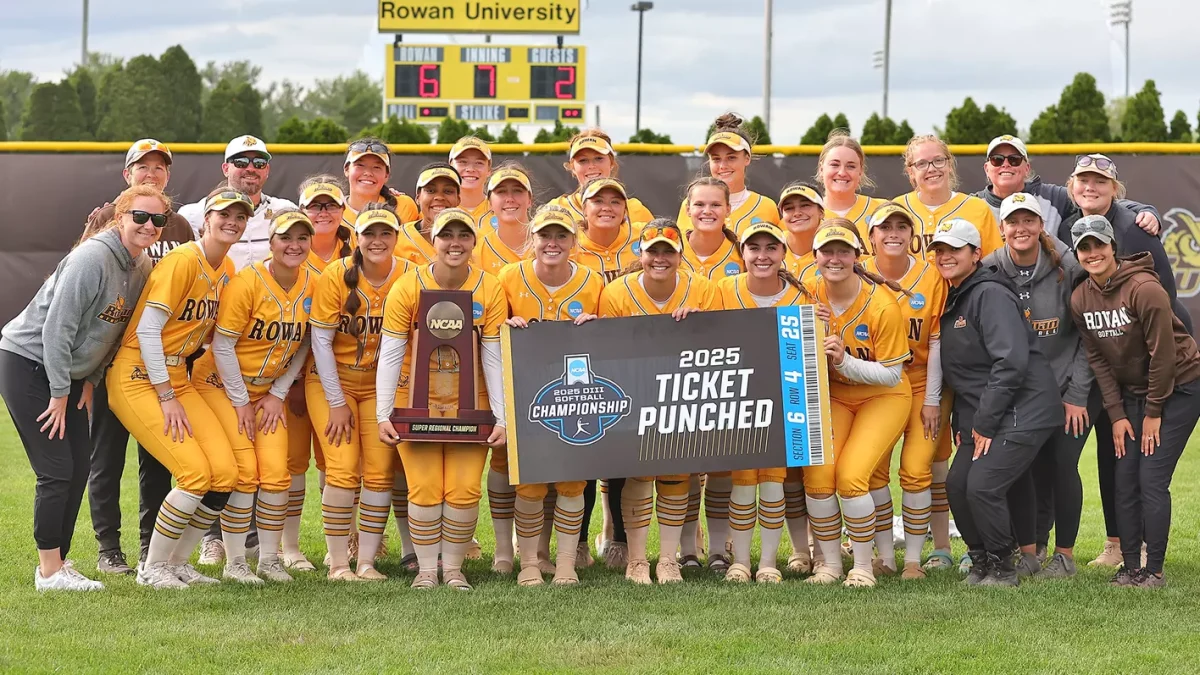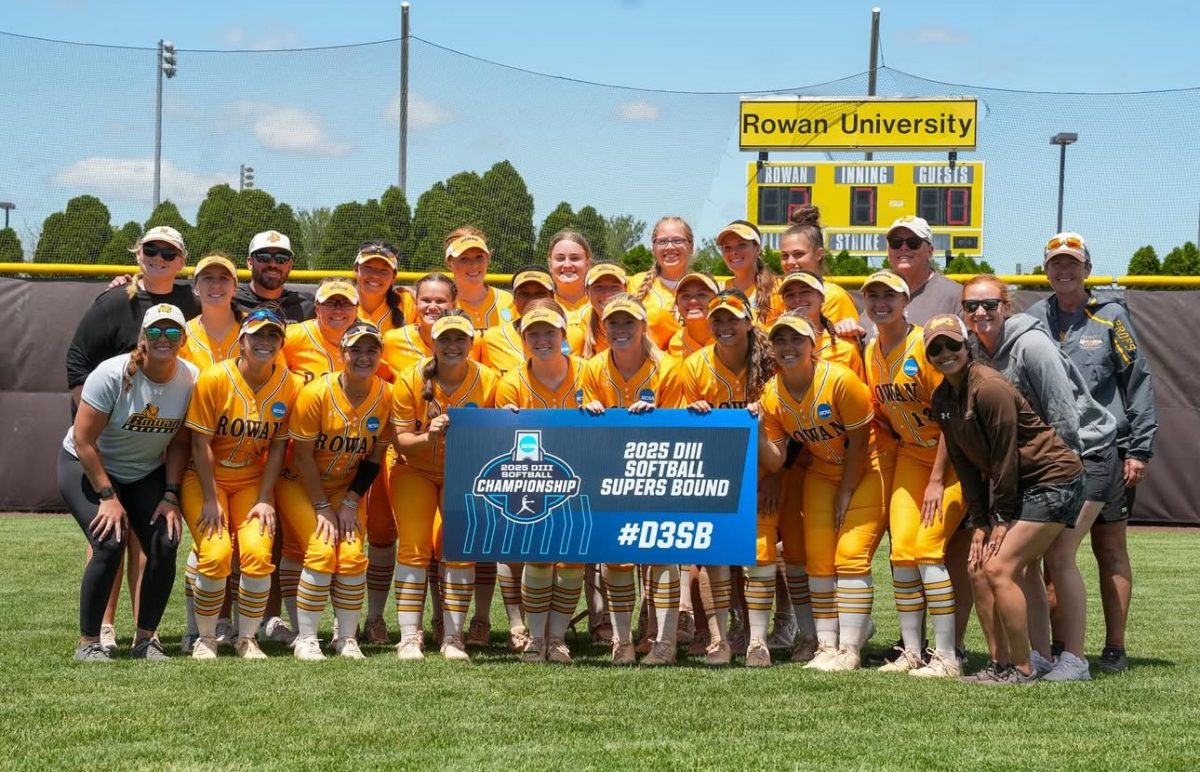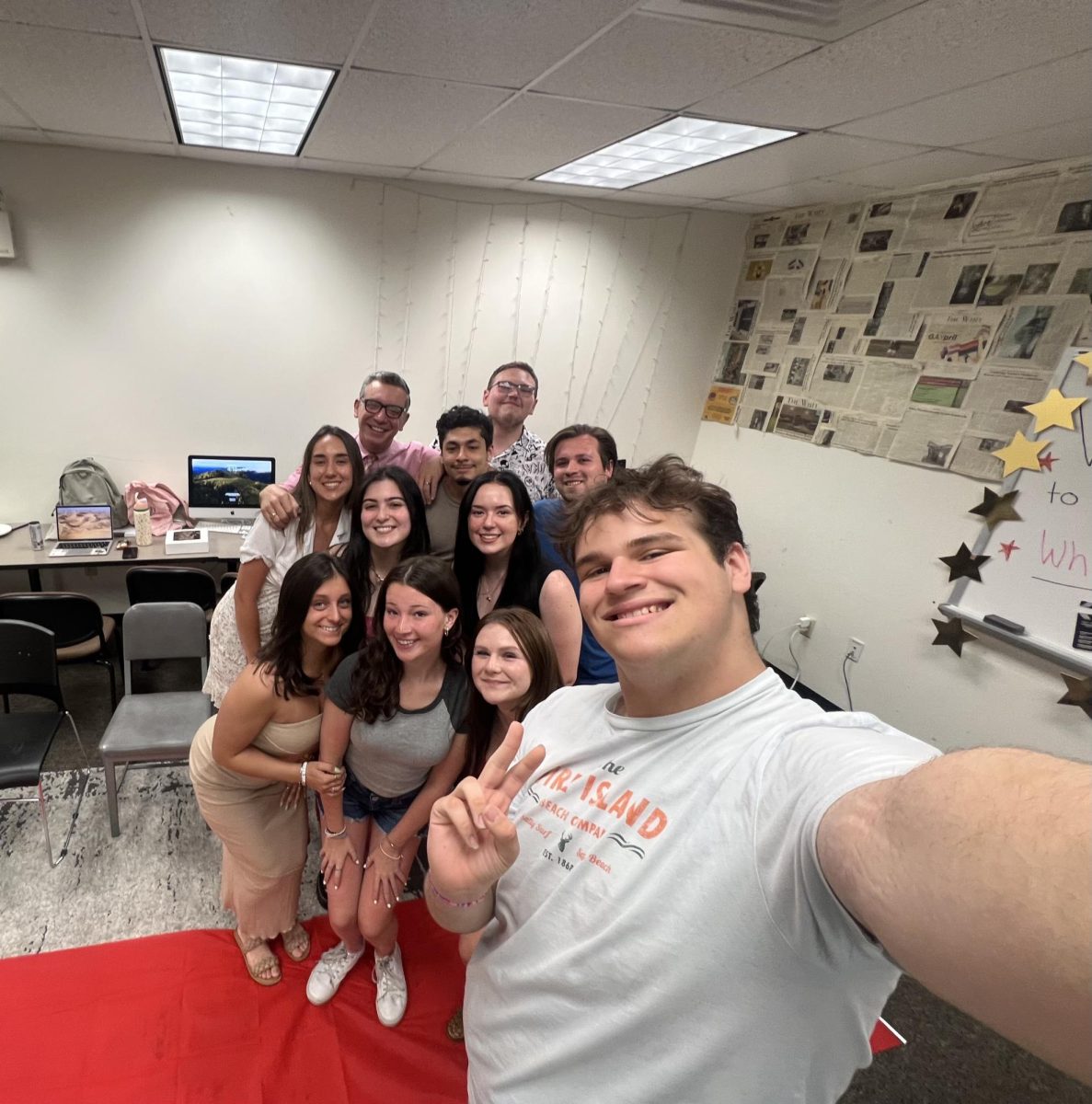Ever since my freshman year at Rowan, the beginning of the semester has always been a hassle for me. It’s that time of the year where college textbooks find themselves burning a hole through my wallet.
When one looks at the cost of housing, dining, and classes, textbooks are not the biggest of fees. But as the semesters go on, the cost adds up. If you’re like me you might find yourself shouting swear words.
According to a recent College Board study, university students can spend up to $1,287 a year on average buying college textbooks.
Now if you multiply that number by four it gives you a total of $5,148. With that amount of money I could probably book that trip to California I have been wanting to go on and still have money left over.
Another problem with the price of college textbooks is the fact that you are sometimes required to purchase an access code as well. Based on my personal experience, you usually have to purchase access codes for math classes.
When I took calculus my freshman year, the access code was just paying additional money to do homework that I was already having difficulty with.
The biggest problem that I have with these access codes is that they force you to purchase the textbook at full price. I thought that I was being a smart freshman by renting my books, but I could not purchase the textbook used or rent it for calculus because the codes can only be used once.
Because of that, there I was throwing $175 down for a textbook and an access code that would expire after a period of time…and people wonder why I hate math.
Most publishers argue that it is an expensive process to create modern textbooks, and in response to this they need to charge students high prices in order to purchase them.
But is it really worth charging us these high prices if we only use the textbook once? For some of my history electives, it was stressed that we needed to buy the textbooks in the syllabus only to find out we would only use them for one in-class assignment.
Furthermore, most of the material needed for the class was presented through PowerPoint lectures. I paid money for a textbook that found itself collecting dust over the course of the semester.
In some cases it can be tempted to take a gamble and just not purchase the textbook needed for class. But in general, it is ill advised to do this because you might end up hurting your performance in the class if you pass on buying the textbook.
Many of us college students have other things that we must put our money towards like gas for our cars, paying rent each month, phone bills and most importantly, food. It can be tough putting money towards the things you need when textbooks act like a vacuum on your bank account.
Fortunately, there are some golden eggs in the world. Some students are willing to help others out by giving them textbooks at discounted prices. On the other hand, there are websites like Chegg and Amazon which are generally more affordable but you have to wait for the textbooks to be delivered to you.
In my opinion, college textbooks definitely need to be made more affordable. It is not fair that we have to pay a large amount of money when most professors rarely use the book or don’t even use it at all.
For questions/comments about this column, email [email protected] or tweet @TheWhitOnline.

























































































































































!["Working with [Dr. Lynch] is always a learning experience for me. She is a treasure,” said Thomas. - Staff Writer / Kacie Scibilia](https://thewhitonline.com/wp-content/uploads/2025/04/choir-1-1200x694.jpg)










































